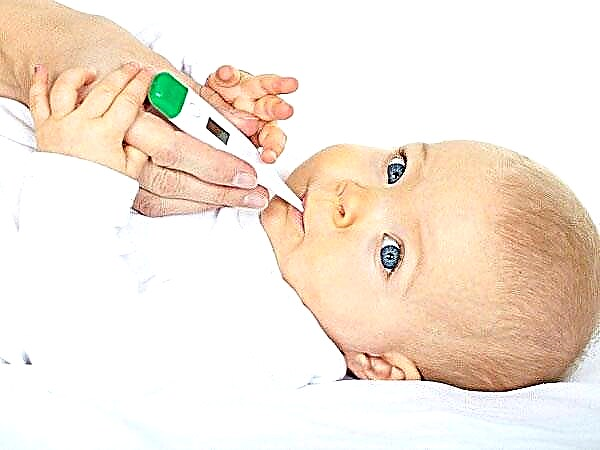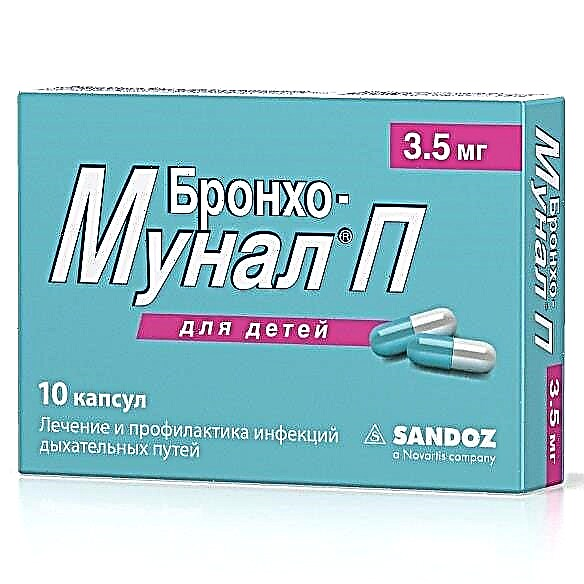
Pregnant women often hear recommendations to eat more cottage cheese. It is believed that it is a source of calcium, which is so necessary for a baby growing in the womb and his mother. But situations are different, not all women love cottage cheese and want it. Is cottage cheese so useful during pregnancy and how to take it correctly? This article will tell you.

Is it possible or not?
Curd is essentially a dairy product. This is a thickened part of sour milk, which is freed from the liquid component - whey. Pregnant women can and should eat the product if the woman herself wants it. But forcing yourself with all your dislike for cottage cheese is not worth it. And that's why - the use of cottage cheese as a storehouse of calcium is somewhat exaggerated... Judge for yourself - 100 grams of the product contains about 120 mg of calcium. And the daily requirement of a pregnant woman in this element is on average from 1500 to 2000 mg.
It turns out that in order to cover the daily need for calcium, a pregnant woman needs to eat more than a kilogram of cottage cheese. In such quantities, a fermented milk product is unlikely to benefit. That is why cottage cheese is a voluntary matter. If you want - eat, if you don't want to - don't force yourself. There are foods that are also rich in calcium and may well be sources of the element in the diet, for example, fresh herbs, certain types of fish, in particular, sardines, parmesan cheese and sesame seeds.
The need for calcium when carrying a baby is great. It is especially important for a woman to consume enough of it in the middle of pregnancy, when the baby's bones are being mineralized. But whether this need will be satisfied with the help of cottage cheese is not important.
It is important to have foods high in calcium in your diet.

Benefits for the expectant mother and baby
The product is rich in vitamins A, B, PP, C and D. And it can also partially replenish part of the daily requirement for phosphorus, calcium, magnesium, and iron. The value of the product is also due to the presence of amino acids such as tryptophan and lysine. In addition, this fermented milk product contains bifidobacteria and some enzymes that are useful for digestion and bowel function. Compared to other dairy products, cottage cheese contains the smallest amount of lactose, so it is quite acceptable in the diet of pregnant women who suffer from individual lactose intolerance.
With all the advantages, there is also a disadvantage - cottage cheese is a fairly high-calorie product, especially when it comes to homemade country cottage cheese. Therefore, for expectant mothers, a fat-free product or a product with a low fat content - up to 9% is considered preferable. Cottage cheese, like dairy products, is an important component of proper nutrition while waiting for the birth of a baby. But the main benefit is not even calcium, but casein. This protein is easily absorbed by the human body and has a high nutritional value.

Eating cottage cheese for pregnant women, if they love it, is useful. The baby's need for calcium is great, and during the period of bone mineralization, which begins at the end of the first trimester and lasts the entire second, the baby will definitely take as much calcium from the mother's blood plasma as he needs. If there is not enough calcium, then the bone tissue, hair, nails and teeth of the pregnant woman will suffer. The phosphorus in the product is important for muscle tissue and the expectant mother, and her crumbs. B vitamins are needed for the full functioning of the nervous system. The beneficial lactic bacteria in the composition will gently and gently support the intestines.
In the early stages, cottage cheese treats often help out women suffering from toxicosis. The population of the intestine with colonies of beneficial bifidobacteria helps to reduce the unpleasant symptoms of toxicosis. The presence of the amino acid tryptophan makes it possible to call cottage cheese and dishes made from it food of good mood, this amino acid improves sleep and appetite, and supports the production of serotonin. The digestion of this product does not require significant stress from the liver and pancreas.
Digestion will be more comfortable if a woman chooses granular cottage cheese for herself.

Possible harm and contraindications
The product is not recommended for women who are individually allergic to milk and dairy derivatives. An adult body does not need milk at all from a biological point of view, and scientists are increasingly saying that the benefits of milk and cottage cheese are greatly exaggerated. therefore women who experience discomfort after such food, suffer from intestinal disorders or nausea after eating curd products, it is worth replacing cottage cheese with any other product with a high calcium content, for example, hard cheese. It is undesirable to eat cottage cheese dishes for expectant mothers who suffer from gastritis with high acidity of gastric juice. If there are other chronic diseases of the gastrointestinal tract, then it is better to opt for unleavened cottage cheese.
There are restrictions on the use of this product for women with kidney disease, so before deciding on the use of curd dishes, it is better to consult a doctor... Can cottage cheese harm a pregnant woman? Yes, and not only women with obvious contraindications have this possibility. If the product was stored incorrectly, in violation of the requirements, then pathogenic bacteria, Escherichia coli, multiply very quickly in it. This can cause severe poisoning. And it is not enough to pay attention to the expiration date, for such a dangerous product it can be quite effective.
It is important to assess the conditions under which the product is being sold. Buying rustic cottage cheese from a green market counter or on the sidelines is definitely not worth it.

How to use it correctly?
The need for calcium in pregnant women is different. The doctor will help to accurately determine the rate per day, who will preliminarily assess the level of her own calcium in the pregnant woman's blood based on the results of blood tests. It is usually recommended to eat the product about 3 times a week. Often, curd is introduced as a discharge. A fasting day on kefir and cottage cheese helps to lose a couple of extra pounds, so women willingly go on such days before scheduled visits to the doctor.
Unloading on cottage cheese is recommended for pregnant women no more than 2-3 times a month with too fast weight gain, high blood pressure and edema, obesity, and a high risk of gestational diabetes. In the early stages up to 29 weeks of pregnancy, such unloading is not recommended. After the need for a day on cottage cheese and kefir is discussed with the attending physician on an individual basis. Usually, on this day, you need to eat about half a kilogram of low-fat cottage cheese in combination with a kilogram of apples or other fruits that are not prohibited. You can eat cottage cheese with raisins and dried apricots. It is better not to combine cottage cheese with sour cream on fasting days, this significantly increases the calorie content.
If a woman has heartburn from cottage cheese, then the product is allowed to be replaced with hard cheeses. It is not necessary to introduce pure cottage cheese. You can make mousses, cheese cakes, curd casseroles. If there is no allergy, then you can combine the product with honey, with various berries. You can make wonderful desserts from cottage cheese.
Choose only fresh, low-fat or fat-free food. Do it yourself or take it only at those points of sale where the temperature and other conditions of sale are fully observed.


Features of use by trimester
There are some peculiarities of using the product, depending on the exact gestational age.
- 1 trimester - this is the time of embryogenesis, when the internal organs and systems of the child's body are laid. The use of curd products is optional, it is optional. It is forbidden to spend a fasting day on cottage cheese.
- 2 trimester - the time of active mineralization and growth of the baby's bone tissue. Cottage cheese, if there are no contraindications, is highly recommended.
- 3 trimester - the time when the amount of the consumed product should be gradually reduced so that in recent weeks the amount of cottage cheese and other products containing calcium is minimized. This is important to prevent early hardening of the skull bones, which can lead to complications during childbirth. That is why in the last weeks before childbirth, doctors do not recommend eating cottage cheese and consuming dairy products.




